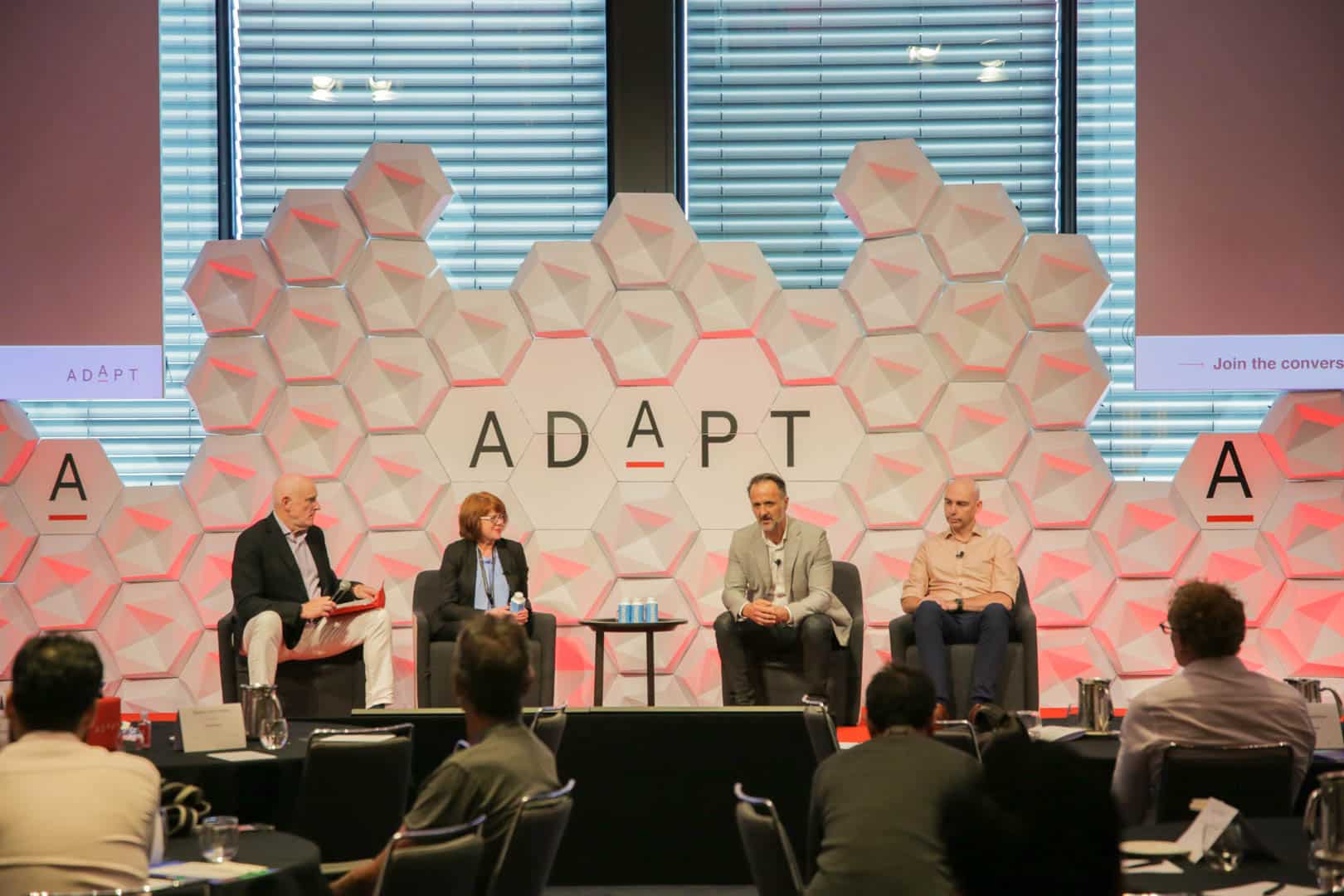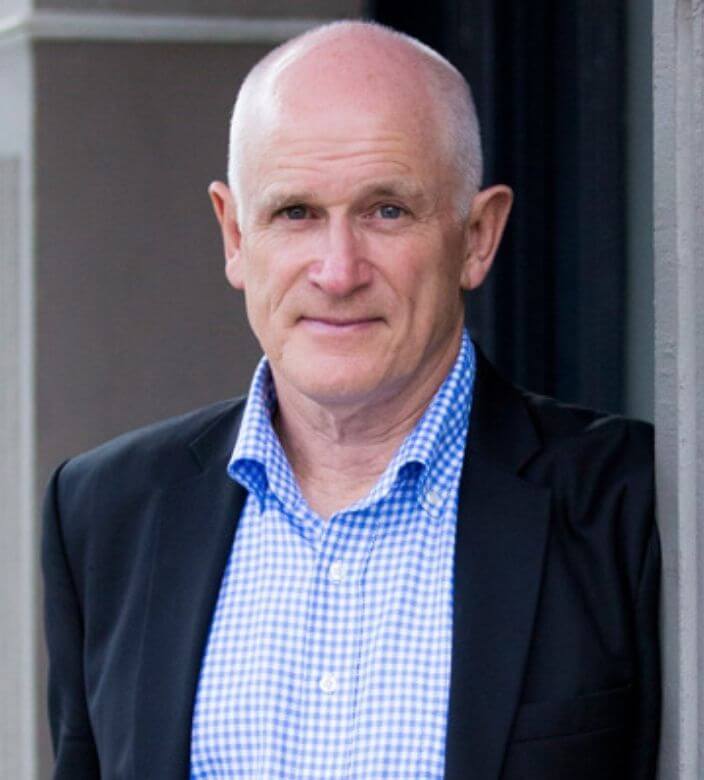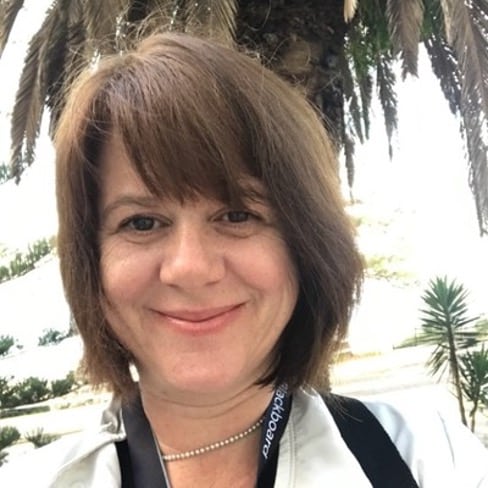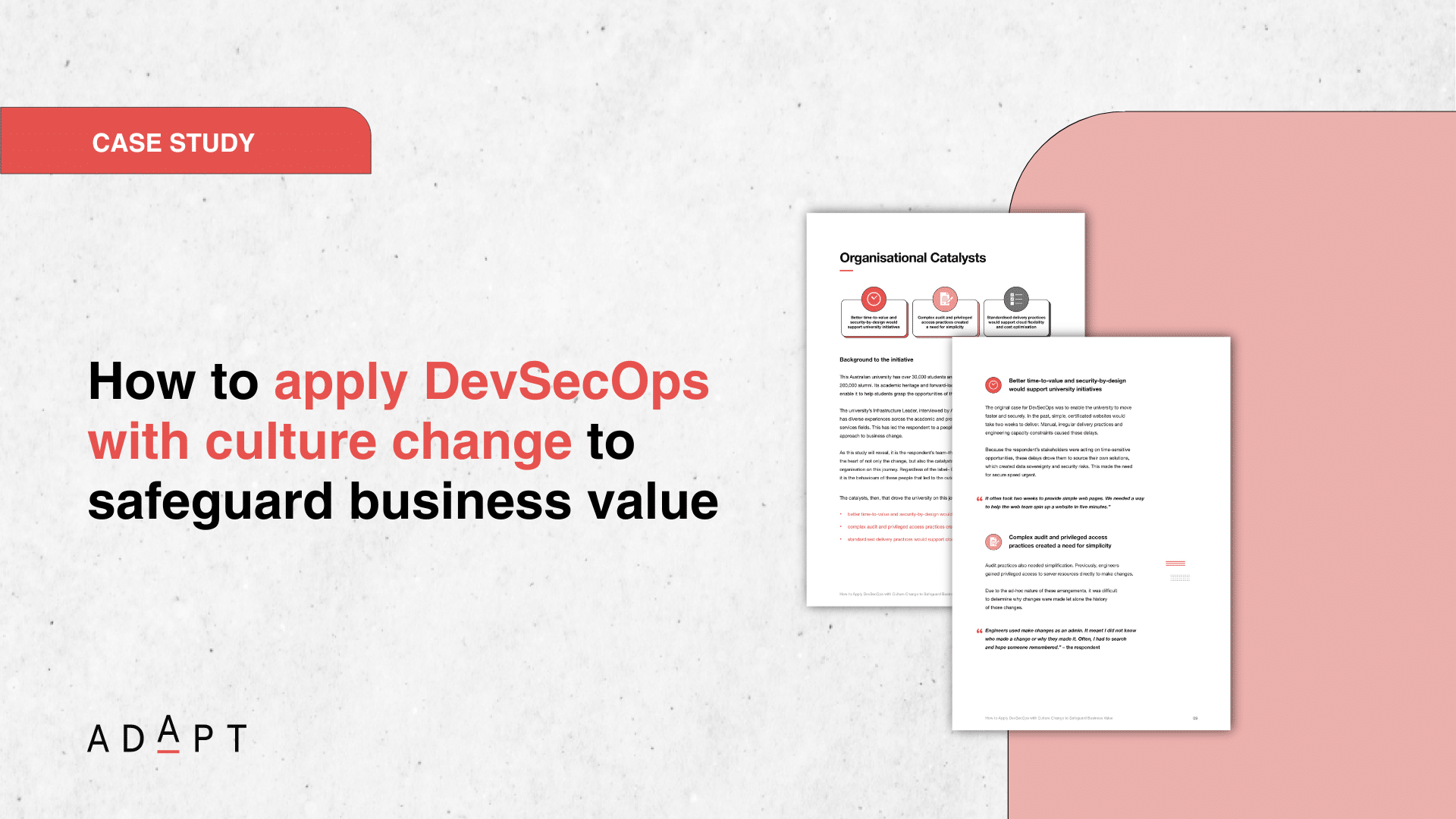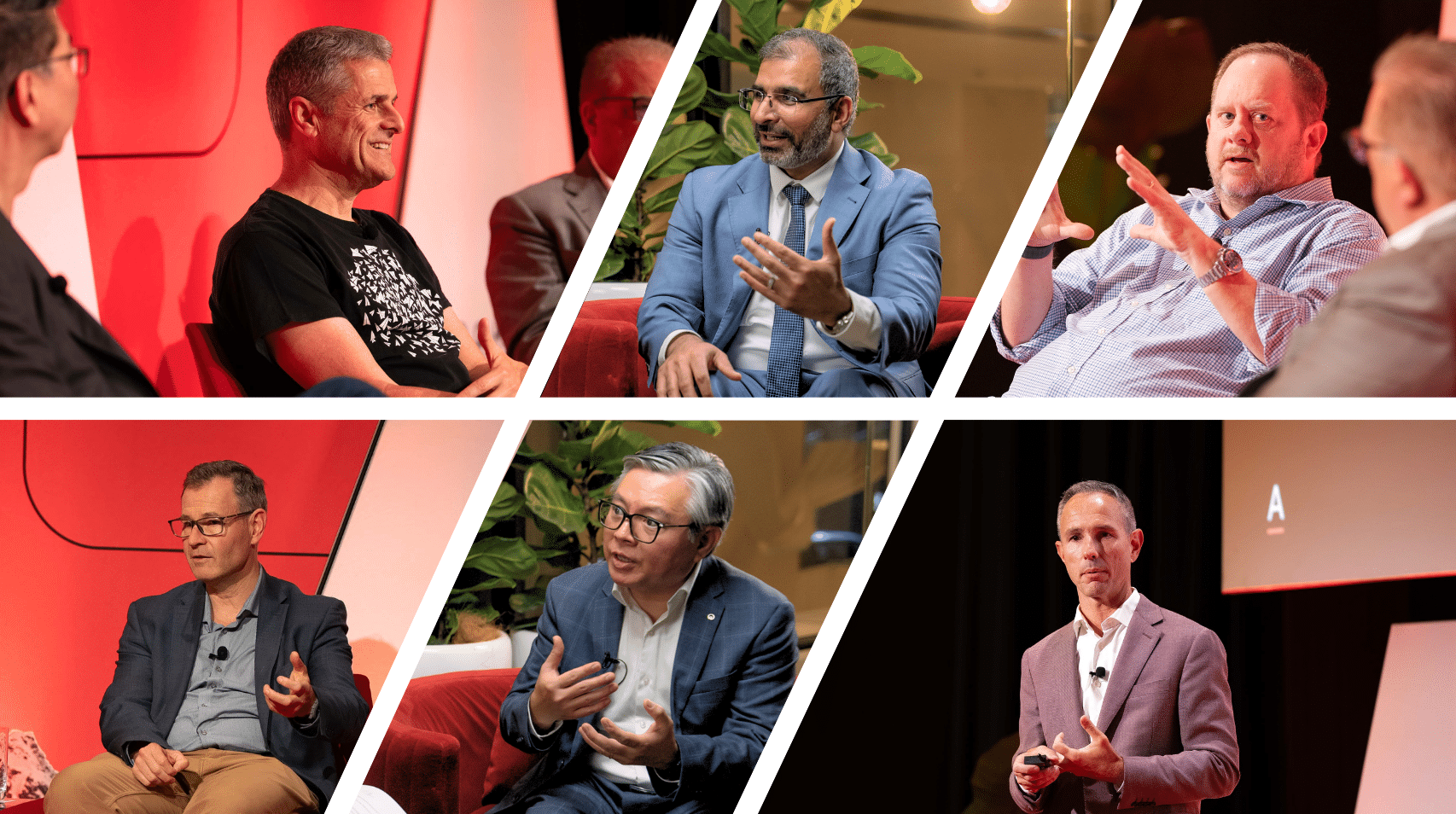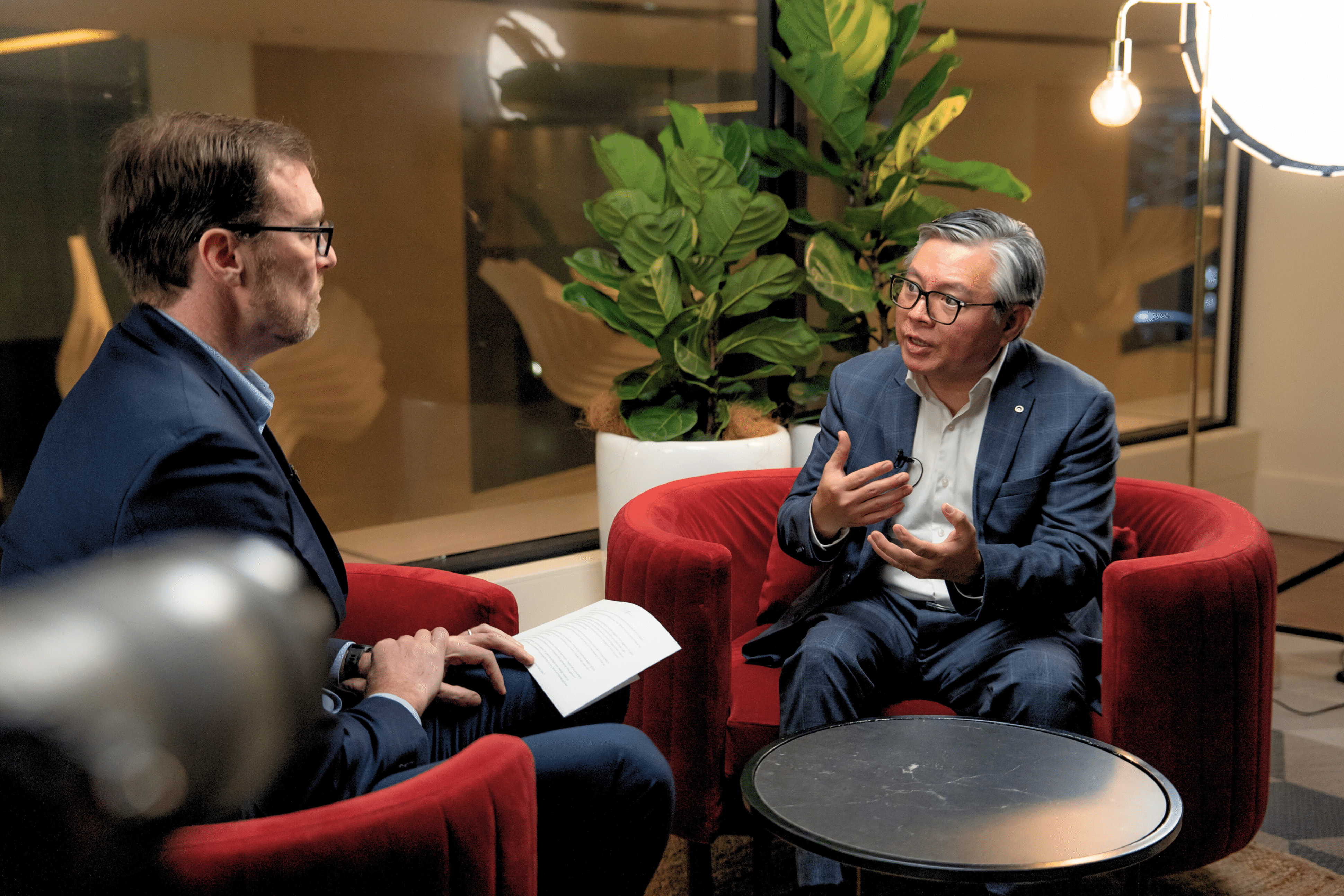Infrastructure Leaders Discuss Practical Ways to Optimise Cloud and Build Resilient IT and Effective FinOps
In this panel discussion, ADAPT’s Principal Research Analyst Peter Hind, explores practical ways to optimise cloud and build resilient IT and effective FinOps with expert insights from Lisa Asquith, Director Technology Services at NSW Department of Customer Service, Robert Mamone, Head of Cloud & Engineering at Coles and Richard King, Head of Cloud and Infrastructure Engineering at TPG.Effectively optimising cloud and building effective and resilient IT and FinOps is a complex process.
It involves automating, improving efficiency and enabling self-service for application teams, according to Robert Mamone. By implementing FinOps across the organisation, some costs can be controlled.
Lisa Asquith, from the NSW Department of Customer Service believes it comes down to vision and purpose. The goal is to be a trusted partner of the New South Wales Government, allowing them to do their work well and removing duplication. There needs to be respect for staff to say, “Help me, show me what you believe.” This requires working as a collaborative team.
For applications, the business owner is responsible for deciding the best way to deploy them, whether that is by using public cloud, infrastructure, CPU optimisation on-premises, pushing it out to SAS or outsourcing it entirely, according to Richard King.
Building resilience requires taking a risk management approach to identify what your exposure is, how you counter that risk, and how risk is managed around different scenarios such as financial, operational, or security. Any of these or others can cause a system breakdown. Failures happen. Design and build for failure when it comes to applications and deployments.
In this panel discussion, ADAPT’s Principal Research Analyst Peter Hind, explores practical ways to optimise cloud and build resilient IT and effective FinOps with expert insights from Lisa Asquith, Director Technology Services at NSW Department of Customer Service, Robert Mamone, Head of Cloud & Engineering at Coles and Richard King, Head of Cloud and Infrastructure Engineering at TPG.
Key Takeaways:
- Consider what value we want across the business instead of what tool you’re going to buy and how much it will cost. Team members should be given the freedom to design the response once the business case has been established. Ensure that teams are supported and challenged.
- In a FinOps model, engineering, finance and IT teams are brought together. To do this requires more optimisation, more engagement and more accountability within teams.
- It is expected that finance organisations will become quite risk averse over the next few years. It may become harder to justify variable costs such as cloud licensing and subscriptions. Capital investment teams may prefer fixed cost scenarios so they have a known quantity to consider.





















